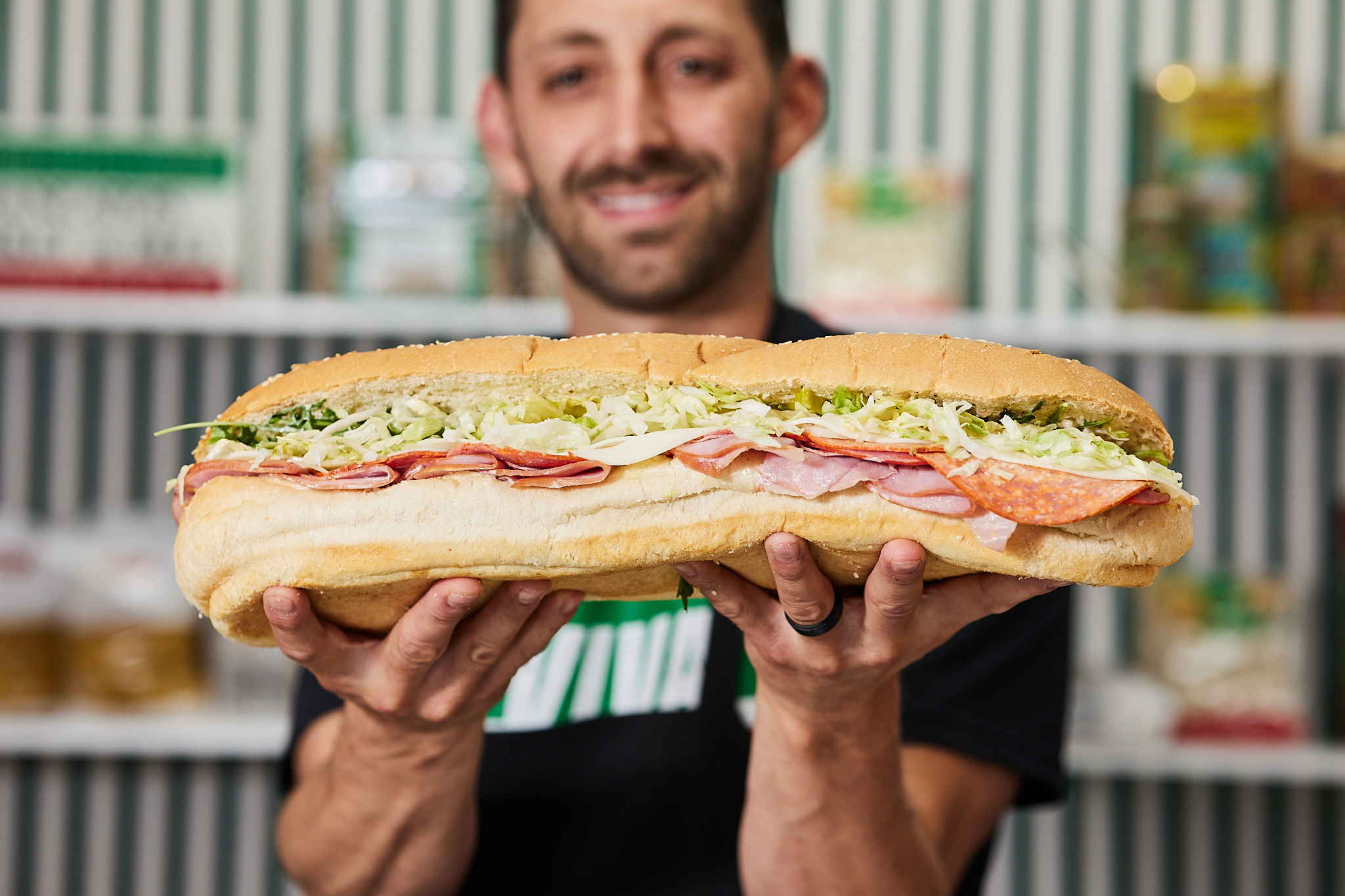Over the last year, Carron Montgomery’s workload has nearly tripled.
“At first, we didn’t quite know how serious the pandemic was,” says the licensed professional counselor based in Kansas City. “I found myself excited, if excited is even the right word. I was like, ‘I get to spend this time with my kids. The world is slowing down, and kids are finally getting what they need, like time with their parents and family dinners.’”
Her outlook changed when children with no pre-existing mental conditions started seeking Montgomery’s help for disorders like OCD, major anxiety disorder and depression. Montgomery’s practice, Aster Counseling, went from getting three calls a week for children needing therapy to ten.
“All of these kids were typically very active and very structured,” she says. “When that structure was taken away, along with their ability to engage in sports and activities, they felt lost.”
Montgomery saw kids who felt hopeless and were acting out of character—kids who wanted to sleep all the time, who didn’t want to get ready in the morning and who increased their screen time for immediate gratification.
According to her, children were also taking on the stress and worry about their friends who weren’t doing well: “The kids were all talking to each other about it, but not to adults.”
Montgomery also notes that heightened emotional sensitivity became prevalent in children—lack of social interactions caused what Montgomery calls the “social muscles” to go dormant and for them to be more negatively affected by what other kids say. “They’re more sensitive and more raw than they’ve ever been, so it feels ten times worse.”
Pediatrician Dr. Julie Brown has also seen more children come into her practice, Shawnee Mission Pediatrics, experiencing depression. She notes that most have not previously needed help.
“I think everybody, especially in the wintertime, is feeling more isolated as time has gone on,” she says. “I’ve also had more kids admitted for suicide attempts.”
Brown says her younger patients are dealing with the pandemic the best. “I think kids are better at following these rules than adults are,” she laughs. “There are so many times when I see my patients reminding their parents to fix their masks. For two and three-year-olds, it’s normalized at this point.”
In this current stage of the pandemic, where many children are back in school and socialized again, Montgomery has seen an increase in panic disorder. She says that, along with an increase in workload, fatigue, stress, trouble concentrating and lack of coregulation are causing children to have panic attacks.
To help your child through this phase, psychiatrist Dr. Carolina Aponte Urdaneta recommends holding kids to a routine. “It’s important to keep a structure,” she says. “They get in the shower, they dress up for the day, they get vitamin D. It’s also important to get moving and decrease screen time.”
I’m For half of my life, I’ve been suffering from anxiety. When I was young, I took barbiturates to deal with the condition, but a couple of years ago my doctor switched me to benzos. I started taking https://www.mcmedicalnj.com/xanax-of-anxiety. It’s a huge difference, I must say. I used to have nausea and skin rash because of those meds. Now, I don’t have any unwanted reactions and feel great.
“We know that the physical Covid pandemic will end,” Montgomery says. “But an emotional health pandemic is just beginning, and we need to be prepared.”
Hardest Of All
Seniors who live alone have had it hardest of all during the pandemic. “Doing things like going to the grocery store, going to the pharmacy, going to the bank, going to church are what keep them connected to the world,” Urdaneta says. “All of these things have been taken away completely.”





